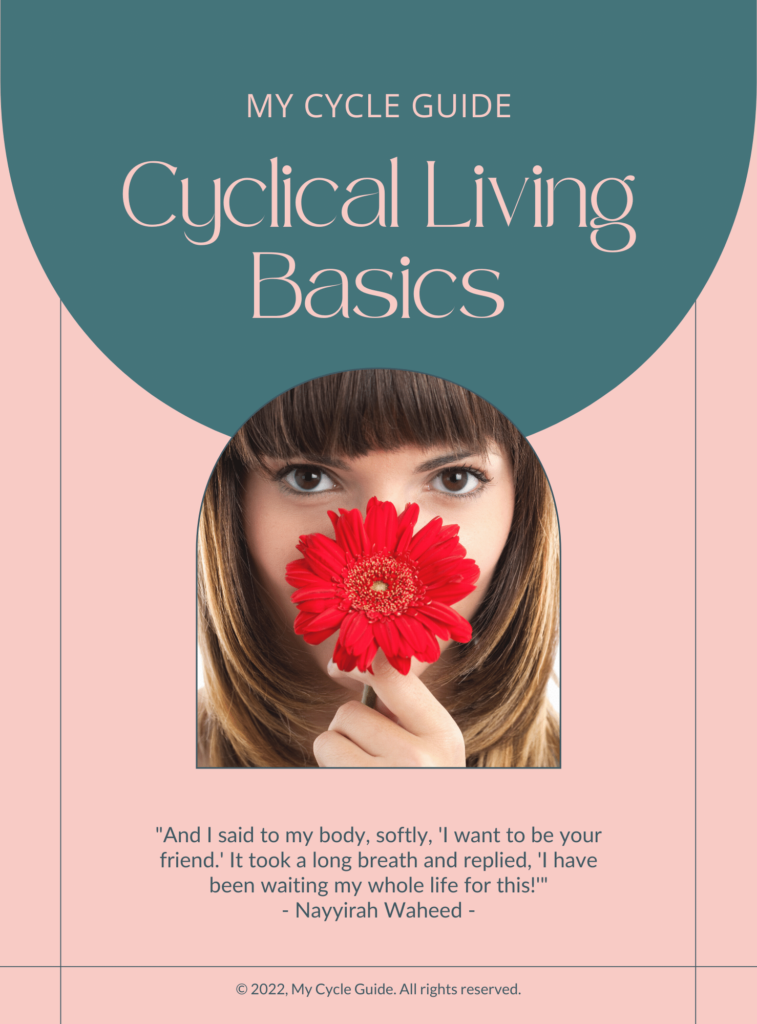Emergency contraception is a method used to prevent pregnancy after unprotected sex or contraceptive failure (like a condom breaking). It is not meant to be used as a regular form of birth control, but as a backup option in emergencies.
How Does Emergency Contraception Connect with Your Menstrual Cycle?
Emergency contraception works by either delaying or preventing ovulation, depending on the type of emergency contraception used. By doing so, it prevents the sperm from meeting an egg and leading to fertilization.
Types of Emergency Contraception
There are two primary types of emergency contraception: emergency contraceptive pills (ECPs) and the copper intrauterine device (IUD). ECPs are often referred to as “morning-after pills,” and there are two types available: those containing ulipristal acetate (ella) and those containing levonorgestrel (Plan B One-Step and others). The copper IUD can also serve as a form of emergency contraception if inserted within five days of unprotected sex.
How Does Emergency Contraception Affect Your Hormones?
Emergency contraceptive pills containing levonorgestrel work by delaying ovulation through a temporary boost in certain hormones. Those containing ulipristal acetate work by blocking the natural hormone progesterone, also preventing ovulation. The copper IUD primarily works by preventing sperm from reaching the egg, but it may also prevent a fertilized egg from implanting in the uterus.
Using Emergency Contraception for Pregnancy Prevention
Emergency contraception is intended for use after unprotected sex or contraceptive failure, and is most effective when used as soon as possible after the event. It is not as effective as regular contraception and should not replace a regular birth control method.
Consequences of Misusing or Not Understanding Emergency Contraception
Emergency contraception is less effective than most other methods of contraception, and misuse or overreliance on it can increase the risk of unintended pregnancy. In addition, while side effects are generally mild, they can include nausea, abdominal pain, fatigue, and changes to your menstrual cycle.
Guidelines for Using Emergency Contraception
Emergency contraceptive pills should be taken as soon as possible after unprotected sex or contraceptive failure, and always within the timeframe specified on the product’s packaging. The copper IUD must be inserted by a healthcare provider within five days of the event.
Emergency Contraception and Emotional Health
The need for emergency contraception can be stressful, and it’s important to seek support and guidance from healthcare providers and trusted individuals in your life.
Frequently Asked Questions about Emergency Contraception
- What are the side effects of emergency contraception? Some people may experience mild side effects, such as nausea, abdominal pain, tiredness, and changes to the menstrual cycle.
- How effective is emergency contraception? Emergency contraception is most effective when used as soon as possible after unprotected sex or contraceptive failure. However, it is not 100% effective, and effectiveness decreases the longer you wait to use it.
- When should I use emergency contraception? You should use emergency contraception after unprotected sex or contraceptive failure, or if you believe your regular birth control method has not worked.
- Does emergency contraception protect against sexually transmitted diseases? No, emergency contraception does not protect against sexually transmitted diseases.
- Is emergency contraception the same as abortion? No, emergency contraception prevents pregnancy and does not work if a person is already pregnant. It will not harm an existing pregnancy or affect a woman’s fertility in the long term.
To understand more about your menstrual cycle, how to track it, and manage related issues, refer to our Free Workbook – Guide to Tracking Your Menstrual Cycle and accompanying Cyclical Living Basics eBook.
